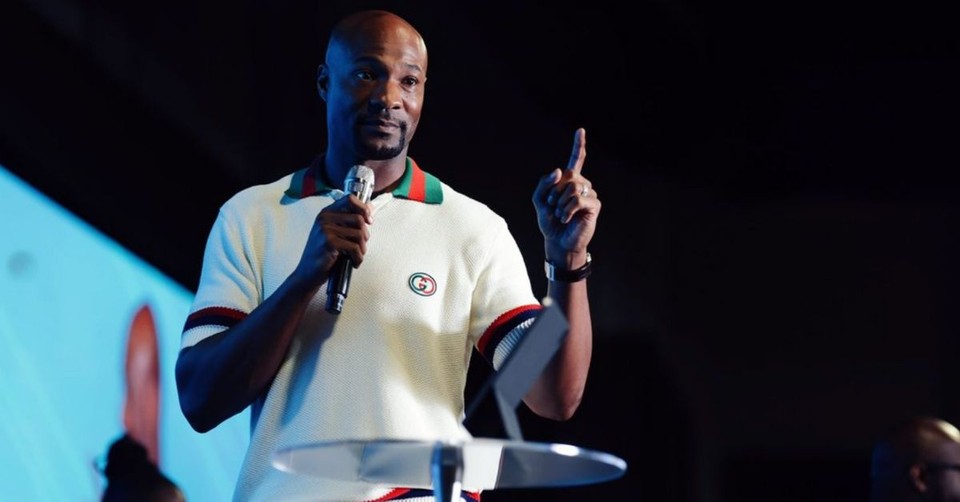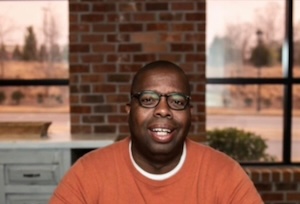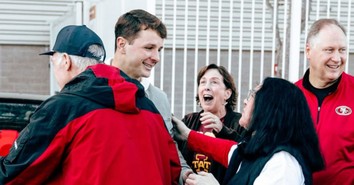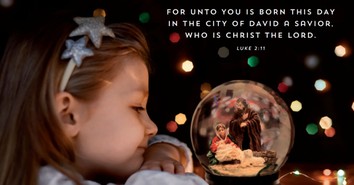Pastor Keion Henderson Opens Up about Overcoming Deep Wounds through Prayer and Therapy

Ask just about any of Pastor Keion Henderson's followers to describe him in one word, and they will more than likely say that he is authentic, which is a trait that Pastor Keion is okay with. In a sit-down interview with Crosswalk, Pastor Keion wants to make the case through his new book, Lazy Love, that if God can transform his broken life, then he can do the same thing for anyone. "I'm transparent by nature. I just try to tell people what I think, and sometimes it gets me in trouble. It can be controversial, but I just try to tell people what I think."
Crosswalk Headlines: How did the book writing process start for you?
Keion Henderson: It wasn't supposed to be a book; in fact, it started as a sermon that I preached on Valentine's Day. My assistant pastor at the time said you should turn the sermon into a book. I didn't even know it was a book until he said it to me. I was in counseling due to just coming out of a divorce. I was really kind of bleeding on the pages when I started writing; the book was the only safe place that I had, and it was birthed out of pain.
CWH: What was the process like, in writing the book?
KH: In order to tell my truth, I have to tell the state of my life. The difficulty of putting yourself out there is when you have to take people who don't want to go with you. I had to have a conversation with my siblings and my mother and let them know what I was going to say. Once my mother gave me the green light, it freed me up spiritually.
CWH: You write in the book that natural relationships spring up based on the kind of climate you create. Can you explain that?
KH: I think that to connect with other people, you must start with yourself. I can't remember off hand about attachment style theories; they have really taken off in psychology and sociology. The theory talks about the ways that our parents raised us. When you can lean into how you were raised, you will find out how you connect with the climate that a person may find themselves in.
CWH: What do you say to the person who is trying to avoid their past and trying to move on?
KH: Nobody likes to go back into the past, right? The past is this thing that haunts you when you decide to walk away from it. When you don't walk away from it, it's a bedfellow. When you don't walk away from it, it's a friend. When you don't walk away from it, it's a coping mechanism. When you don't walk away from it, it's a friend or an excuse. But when you decide I'm better than this, when you decide I'm stronger than this, and when you decide I want to go further, the past says, no, no, no, you're not. No, you're not; you're not going to get healthy and leave me behind. So, you must be able to face the past.
CWH: I don't want to give away too much of the book. You talk about your father's wounds in the book. What should a person do, who is suffering from Father's wounds?
KH: I'm a Christian, so I guess everybody will assume that I would say pray and read your Bible, which you should. You need a therapist; you are not going to go to church and shout and pray and dance this thing off of you. If that were the case, everybody in the church would be healed. So, you got to go and get some legitimate help.
CWH: In the book, you mention that your mentor, TD Jakes, helped you overcome your father's wounds. How did he do that?
KH: I found this out of my mentor's mouth, Bishop TD Jakes. One day, I complained to him; I'd known him for almost 20 years. I was probably in my mid-thirties, complaining to him about the father's wound that I had. And that man looked at me and said, "Have you ever considered your father's position when you were born?" That one question helped me see my father differently.
CWH: When you hit send on this to send it over to the editor, did you say everything you wanted?
KH: No, because there will be another.
Photo Credit: ©Instagram/PastorKeion

Originally published September 12, 2024.







